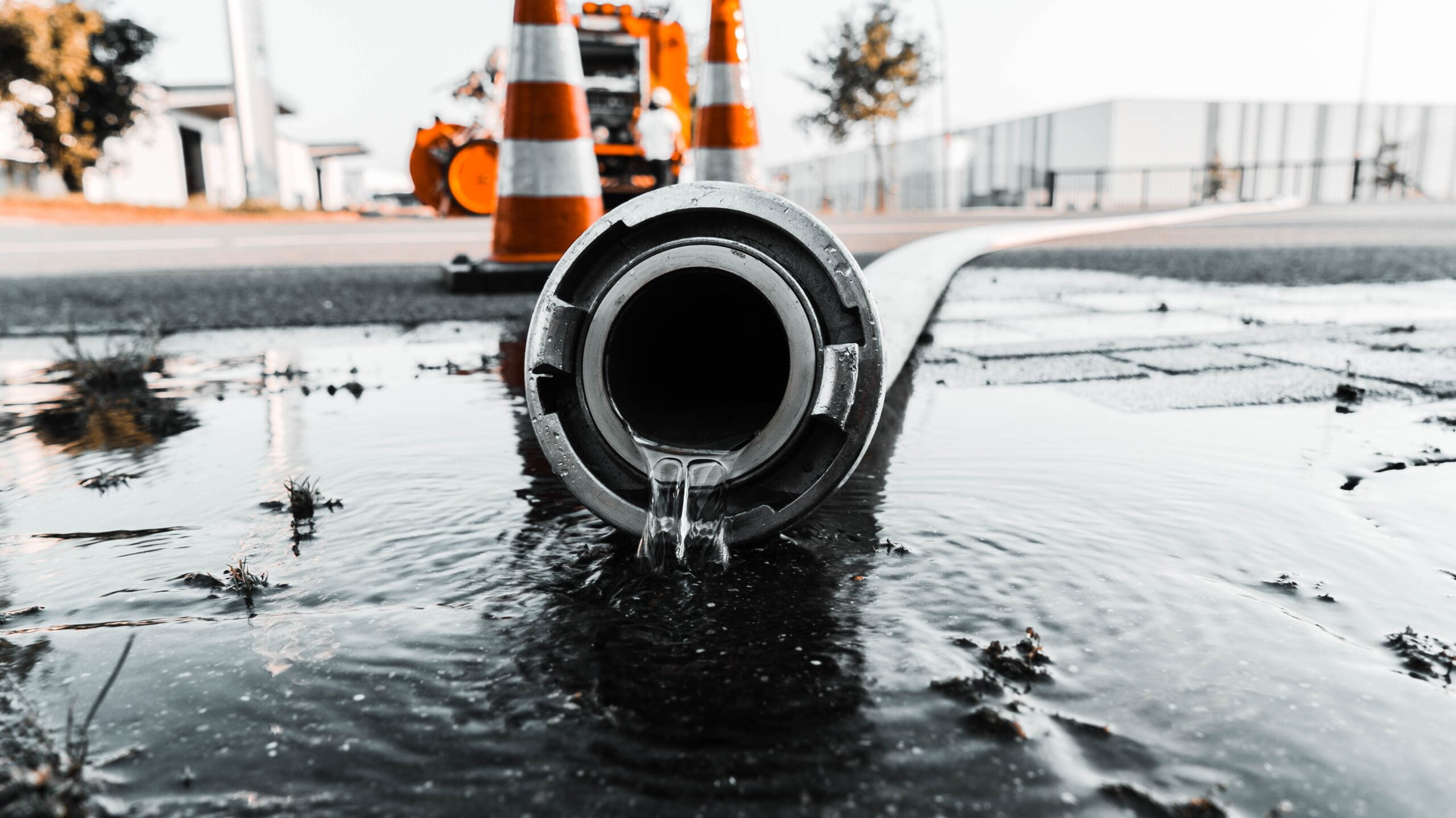Water treatment
Wastewater treatment
Génération Maroc Technologie is your partner of choice for turnkey solutions in the field of water treatment, particularly wastewater treatment.
Why choose GMT for wastewater treatment?
We intervene throughout the entire treatment process (activated sludge/bacterial beds), integrating all process components, in particular :
- HV/LV power supply
- MCC Panels
- Automation and Supervision,
- H2S and CH4 Detection
- Remote Control and Instrumentation
About Wastewater Treatment
Wastewater treatment is the process of eliminating, reducing or neutralizing contaminants in wastewater before it is discharged into the environment or reused.
The process involves a number of stages and uses a variety of technologies, such as filtration and sedimentation, to remove impurities, organic matter and other harmful substances and agents in order to obtain treated effluent that complies with environmental and health standards, thereby reducing the negative impact on the ecosystem and preserving the quality of water resources.
Wastewater Treatment in Morocco: Issues and Importance
Wastewater treatment in Morocco faces major challenges that affect environmental quality and public health. Population growth and agricultural development are putting considerable pressure on wastewater treatment infrastructures. Industrial and agricultural discharges contribute significantly to water pollution, requiring specific treatment methods, an expertise that Génération Maroc Technologie continues to demonstrate, notably through the construction of the 2nd Boukhalef WWTP in Tangiers.
Limited access to sanitation services in some rural areas increases the risk of water contamination. Domestic wastewater contains a variety of contaminants, requiring effective treatment to prevent the spread of water-borne diseases. Promoting the reuse of treated wastewater requires specific standards, while climatic variations and droughts underline the importance of proper management.
Wastewater and Agriculture
The prospect of reusing wastewater in agriculture is emerging as a crucial solution in Morocco, particularly in light of the growing challenges associated with water availability. Against a backdrop of ever-increasing demand for water resources, this sustainable approach offers a dual-impact solution. By effectively treating wastewater using state-of-the-art technologies, Morocco can not only help preserve the environment by reducing discharges, but also provide a viable alternative source of irrigation for crops.
The adoption of advanced treatment practices positions Morocco at the forefront of responsible water management, reinforcing its commitment to sustainable development. By integrating this approach into the agricultural sector, the country can significantly improve the efficiency of water resource use, promoting more sustainable and resilient agriculture. This approach reflects Morocco’s holistic vision for the intelligent management of its natural resources, a concrete step towards a future where agriculture and the environment coexist in harmony.



